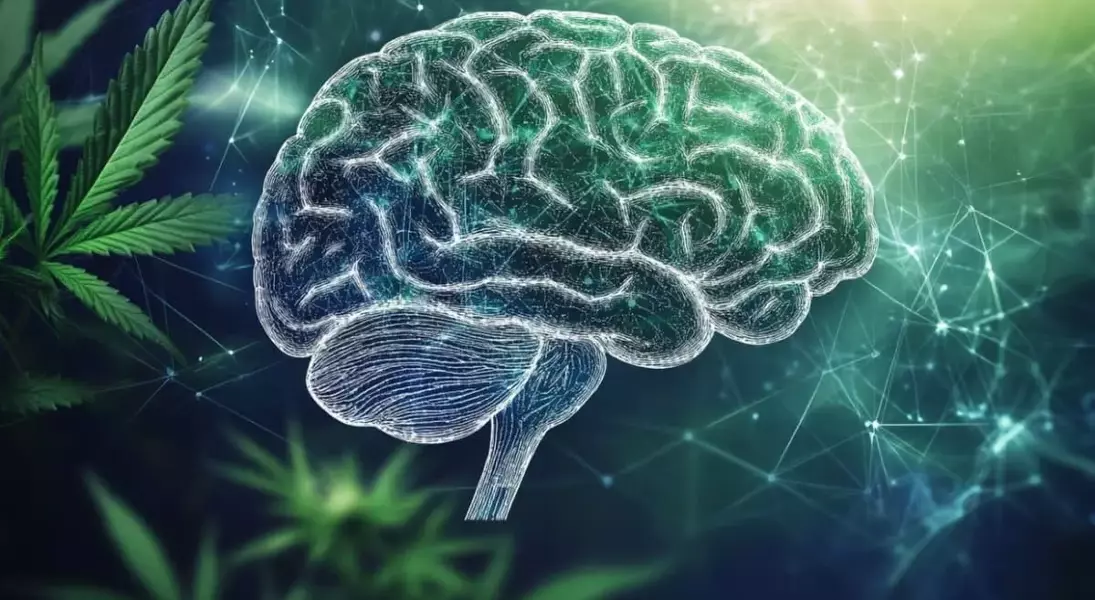
A groundbreaking study reveals that individuals with cannabis use disorder exhibit heightened dopamine levels in brain regions associated with psychosis. Conducted using advanced neuromelanin-sensitive MRI technology, the research uncovers increased dopamine activity in cannabis users, regardless of schizophrenia diagnosis. These findings suggest accelerated dopamine-related aging in the brain and help explain the growing incidence of cannabis-induced psychosis since legalization. The study underscores the necessity for greater public awareness about the potential mental health risks tied to cannabis use.
In-Depth Insights into the Study's Discoveries
In a meticulous investigation carried out in London, Ontario, researchers from London Health Sciences Centre Research Institute (LHSCRI) and Western’s Schulich School of Medicine & Dentistry made significant strides in understanding the link between cannabis use and psychosis. Utilizing neuromelanin-sensitive magnetic resonance imaging, they observed darker spots within brain scans of frequent cannabis users, signifying excess dopamine accumulation in areas connected to psychosis. This cutting-edge technique allowed scientists to pinpoint elevated dopamine levels even in young adults, comparable to those seen in much older individuals. Over sixty participants aged 18 to 35 were involved in this comprehensive study, which included both cannabis users and non-users, some diagnosed with first-episode schizophrenia. Notably, the substantia nigra and ventral tegmental areas showed marked increases in these dark spots among cannabis users, irrespective of their schizophrenia status.
From a journalistic perspective, this study illuminates the pressing need for education on the potential dangers of cannabis use. It challenges healthcare providers and policymakers to reconsider how they approach cannabis-related health information. As Dr. Julie Richard aptly stated, this research provides crucial evidence linking cannabis exposure to significant brain changes associated with psychosis. For adolescents particularly, understanding these risks could be pivotal in preventing severe episodes. This revelation not only calls for further scientific inquiry but also advocates for more informed public health strategies. By fostering awareness, we can empower individuals to make healthier choices regarding cannabis use, ultimately safeguarding mental well-being.
